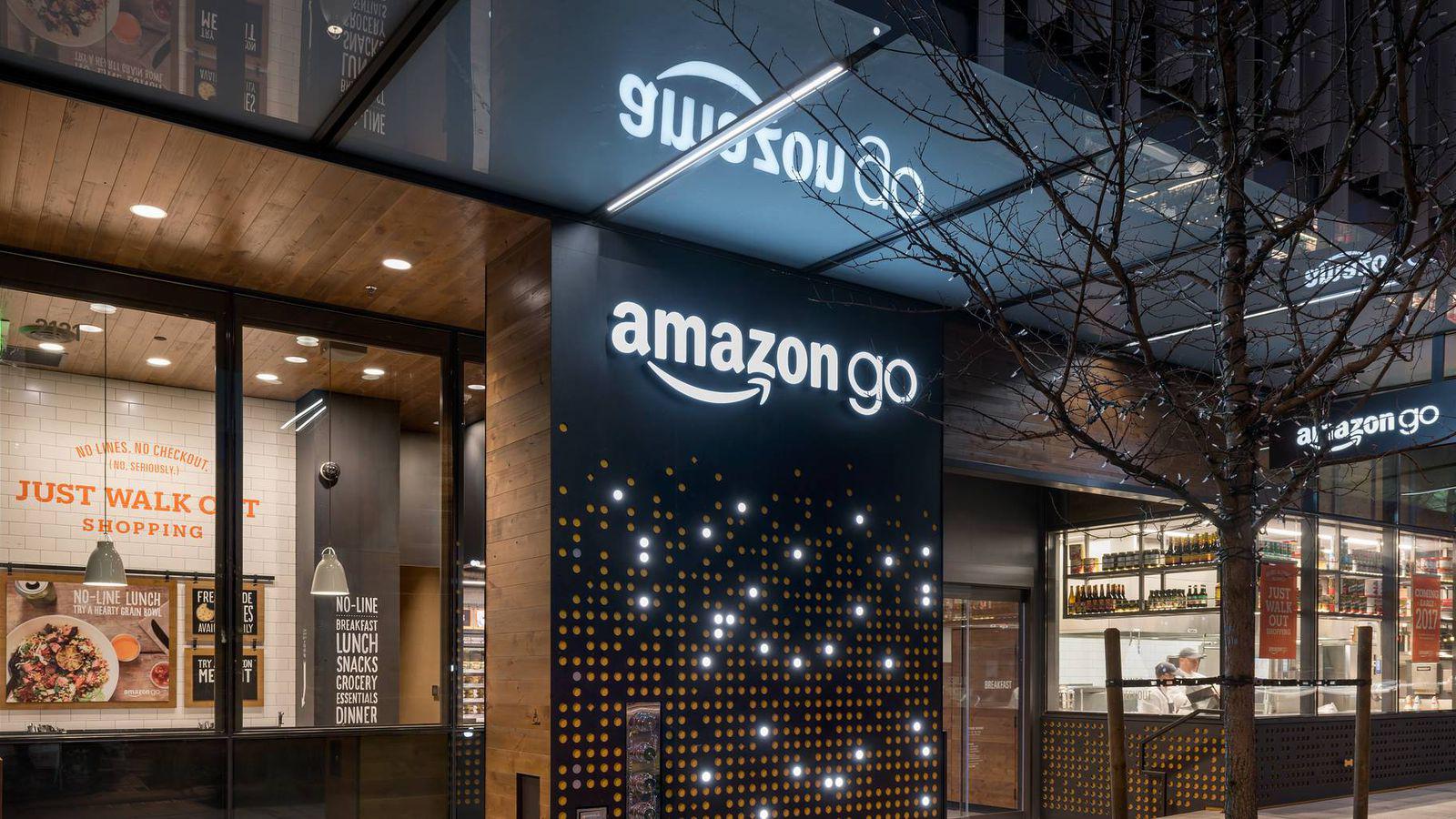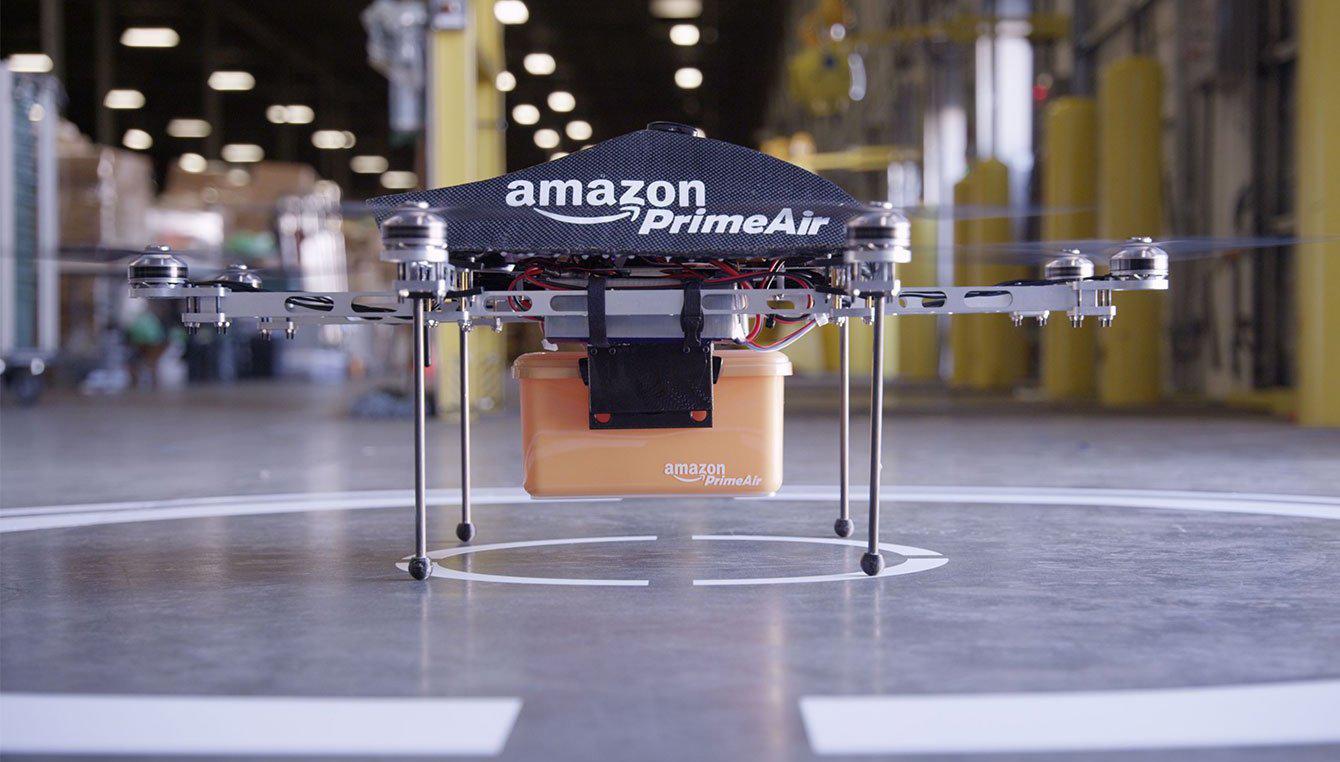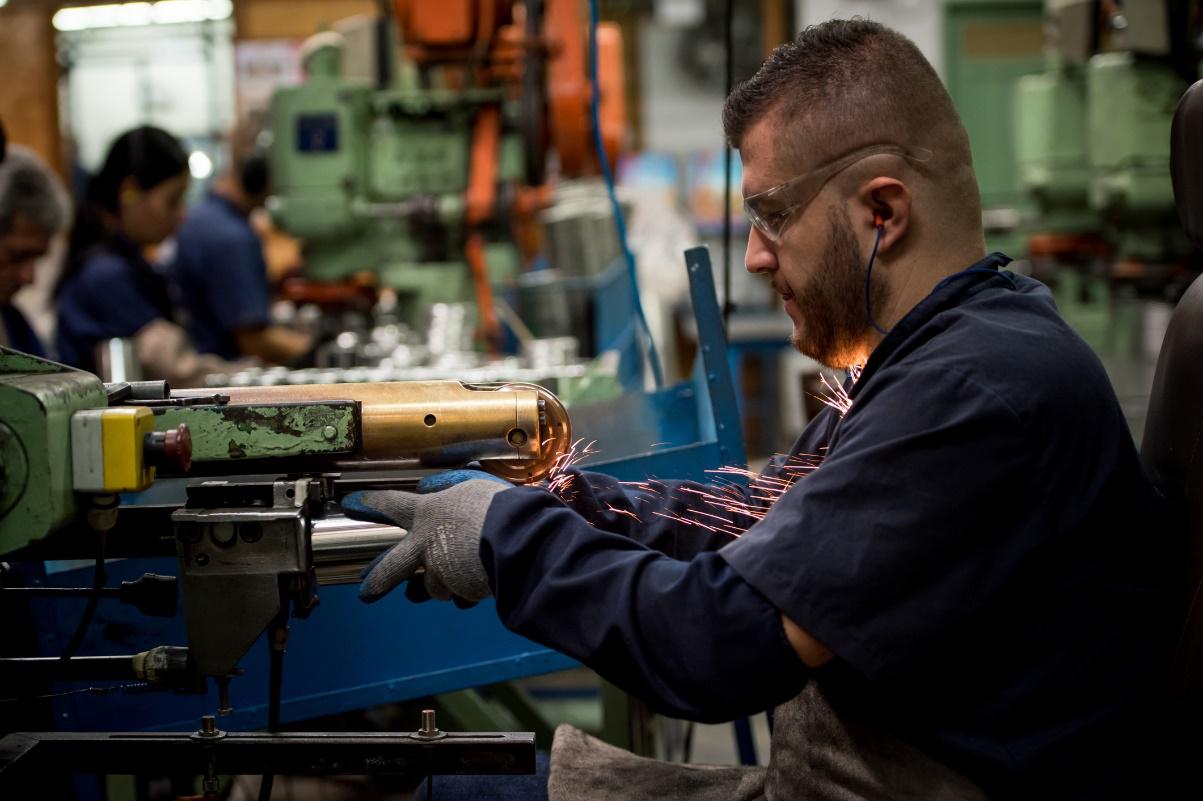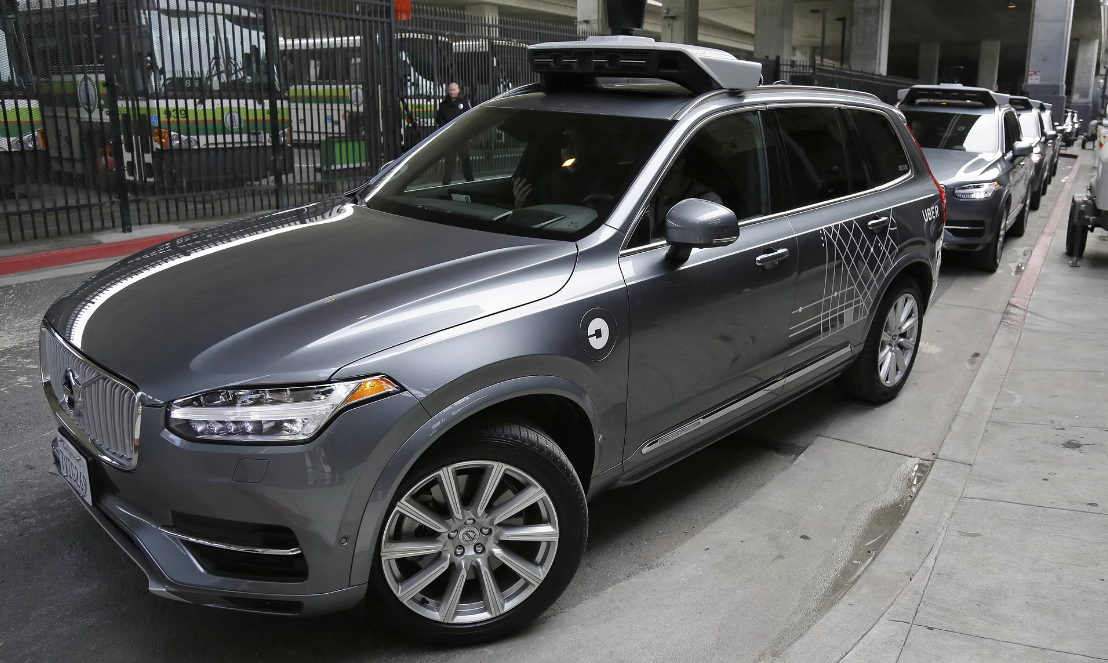15 Jobs Likely to Disappear in the Next Few Years

Recently, I had a conversation with a successful local entrepreneur. He runs a large accounting firm in our region that employs thousands of accountants.
After exchanging pleasantries, the conversation soon morphed into the status of the economy and the future of his industry. I was interested to hear his opinion because one of my friends has always been fascinated by accountants.
At the end, he told me to tell my friend not to pursue a course in accounts because, in the future, accountants will not be needed in large scale as they used to in the past.
This is not the only industry facing an Armageddon. In fact, a recent study by economists at Oxford found that 45% of the current occupations will disappear in the next 25 years.
Here are the jobs likely to disappear in the next few years.
Accountants

In the past, accountants were among the best-paid professionals in the country. This is because of the amount of work they used to do.
Then, accountants had to collect the data, tabulate it, and then present it manually. This left little room for error.
Today, most of the work done by accountants has been reduced by technology. Accounting platforms like Freshbooks and Quickbooks allow companies to capture and present all the financial metrics automatically. This helps firms reduce the costs of hiring hundreds of workers.
Note: As a profession, accountancy will not end but, the demand for accountants will drop sharply.
Supermarket Cashiers

We all hate the queues in the shopping malls.
The employees at Amazon seem to hate them too. One year ago, Amazon revealed a concept called Amazon Go. The idea allowed customers to go to a shop, collect products, and pay automatically.
Today, Amazon has opened an Amazon Go store in Seattle. Further, last year, Amazon paid $13 billion to acquire Whole Foods Markets.
Many expect the company to apply this technology in large scale in all Whole Foods stores.
Other retailers will not be left behind. To compete with Amazon, they will likely invest in such technology.
Remember, more than 3.4 million Americans work as retail cashiers, which means the move to Amazon Go concept is likely to be significant.
Truck Drivers

90% of everything you use today passed through a truck to get to you. The trucking industry employs more than 3.5 million drivers.
In the next few years, these jobs will not exist. See, the biggest cost for truck companies are the drivers. To solve the ‘problem,’ technology companies are developing autonomous trucks that will drive themselves. Some expect these vehicles to hit the road by 2020.
Shipping Executives

With most people shopping online, the demand for delivery executives has grown significantly. Some retailers combine the use of shipping companies like UPS with their own employees.
Currently, Amazon and Walmart are testing the use of drones for product deliveries. By using drones, the shipping executives for short-distance deliveries will not be necessary.
Insurance Underwriters

According to the Bureau of Labor Statistics, there are more than 110K insurance underwriters in the country. Sadly, these jobs won’t last long.
Good evidence of this is in Japan where, insurance company, Fukoku Mutual Life Insurance replaced hundreds of insurance underwriters with Artificial Intelligence (AI) solutions.
Using technology provided by companies like IBM and Google, insurance companies will likely integrate AI into their operations, which will lead to redundancies.
Bank Tellers

When was the last time you visited your bank?
If you are like most people, the number of times you visit a banking hall has reduced significantly. A report by Financial Brand found that the number of bank branches is decreasing. Equally, the foot traffic to banks is also falling.
All this makes sense. Why would anyone visit a bank when they can get all services online? The implication of this is that bank tellers will no longer be needed.
Wall Street Traders

Growing up, we all wanted to be on Wall Street. We wanted to be traders like the famous Michael Milken and Carl Icahn.
Still, many people have the desire to work as traders on Wall Street. In 2016, a job post by Goldman Sachs attracted more than 330K applicants.
Sadly, trading jobs are declining as most firms opt for algorithmic trading. A recent report noted that Goldman Sachs fired 600 traders and replaced them with just 200 software engineers. Another one found that in future, 90% of traders will be replaced by engineers. Furthermore, recent reports show that the demand for trading products is falling as investors move to passive investments.
Construction Workers

The construction industry employs more than 10 million people. With automation, most of those jobs are at risk.
Recently introduced technology from MIT shows that robots will replace most of the construction workers. These robots will be able to mix materials and lay bricks faster than humans.
Baristas

Believe it or not, AI will soon replace baristas. Restaurants are now installing robotic coffee makers, and customers love it.
At a restaurant called Café X, a robotic barista prepares and serves coffee at a faster rate than human coffee makers. This is because the robot is accurate and does everything that has been programed.
In the future, expect to find robotic coffee makers in all restaurants you visit.
Janitors

Hotels, banks, and other institutions spend billions every year to pay janitors. With technology, these jobs will not last long.
A company called iRobot has been developing domestic robotic cleaners for years. Now, the company is moving to developing robots for large institutions.
To save on labor costs, companies have already started buying these robots. As such, I don’t expect these jobs to lost for long.
Farm Workers

Close to a million people work as farm workers in the country. In this industry, because of labor shortages, farms usually pay above the minimum wage.
With artificial intelligence and machine learning, these jobs are currently at risk. In Germany, a dairy farm has installed a Voluntary Milking System robot that makes milking easy and fun. Here, companies like Deere are developing autonomous tractors that will be able to farm large tracts of land with no human effort.
Manufacturing Workers

Manufacturing in our country is expensive. To solve this problem, companies moved to countries with cheaper labor.
The remaining manufacturing jobs are at risk as robotic companies like Emmerson Electric and AI companies like IBM move to develop systems to streamline the manufacturing process.
Surprisingly, even in China where labor is cheap, companies like Foxconn, which manufacture iPhones, are replacing people with robots.
Taxi Drivers

When was the last time you used a traditional taxi?
Like most people, the use of platforms like Uber and Lyft are more convenient. What you might not know is that even the jobs by Uber drivers are currently at risk.
Uber is one of the largest investors in autonomous vehicles. The company is building its own autonomous cars. It is also buying thousands of these vehicles from manufacturers like Volvo.
Their idea is to improve their margins and improve efficiency by getting rid of human drivers.
Journalists

In the past, journalism was thought of as a safe career. Not anymore. Today, barriers entering into journalism are so little that all you need is a computer and internet connection.
As a result, most traditional publications have been forced into bankruptcy. When lucky like Washington Post, some have received millions of dollars from rich donors.
Also, some organizations have started using AI in journalism. For example, it was reported that AP is now using robots to write financial reports. Each year, the organization uses robots to publish more than 3000 stories.
Customer Assistants

To reduce customer service costs, companies moved their operations to low-cost countries like the Philippines.
It seems this is not enough. Today, companies are incorporating AI solutions like IBM Watson to provide answers to customers.
It is estimated that most customer service jobs will soon be completed with AI assistants. These assistants will be trained to answer most of the questions.
Takeaway
Technology companies are spending billions of dollars to eliminate challenges faced by many business leaders.
Sadly, in businesses, people are often seen as challenges.
Moreover, without them, companies would make more money with even better margins. As such, many jobs will disappear in the next few years.
There is a ray of light. Our country has the best universities, which are producing highly skilled individuals in skills like software engineering and medicine that are unlikely to disappear.
What's Trending








